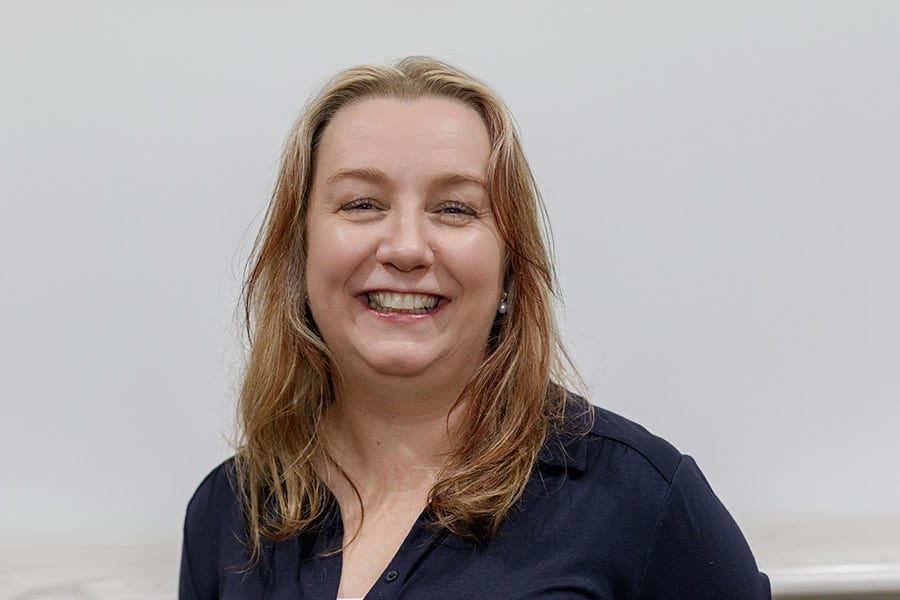Guest article: How can technology support the NHS in a crisis?

In this article, Zillah Moore, Director at Tunstall Healthcare, discusses the role of technology enabled care services (TECS) and remote patient monitoring (RPM) in reducing delayed discharge from hospitals and providing much-needed assistance to the NHS in ongoing care provision.
The COVID-19 pandemic has placed a spotlight on the services provided by the NHS and the challenges that it faces on a daily basis.
With over 30,000 hospital beds currently taken up by COVID-19 patients receiving treatment, this has led to the NHS not only struggling to give the right care to victims of the pandemic, but to continue providing support and treatment for people with existing or new health conditions.
The NHS has also experienced ambulance services becoming overwhelmed; in some areas, patients have waited up to nine hours for an ambulance, particularly for category three and four calls.
But TECS and remote patient monitoring (RPM) can play a key role in reducing delayed discharge from hospitals and providing assistance to the NHS un ongoing care provision.
RPM in practice
Bolton NHS Foundation Trust and Bolton Clinical Commissioning Group invested in remote patient monitoring technology in April 2020 for 34 of the town’s care homes to protect residents, staff and clinicians during the COVID crisis.
The Trust and CCG implemented a number of innovative services to deliver closer monitoring of the health of vulnerable residents, while reducing the need for clinical staff attendance, the risk of cross infection, and hospital admissions.
The systems also support the effective prioritisation of care within a residential setting, as they clearly identify individuals most in need of interventions.
The health technology provides objective information to empower clinical decision making, without the need for face-to-face contact. The success of the partnership will be measured over time with metrics such as reduced ambulance and GP call outs being assessed, alongside resident outcomes, and the impact on caseload management.
The remote monitoring approach has supported the Trust and CCG during the pandemic, but will enable the provision of proactive care over the longer term, as well as a reduction in the pressures on primary and secondary care services.
Discharge solutions
Delayed transfers of care isn’t a new challenge. Although the pandemic has led to an increase in delays, it has provided a new opportunity to do things differently and make use of telecare and telehealth to expedite hospital discharge.
When a patient no longer needs care in hospital, delaying discharge can negatively impact their recovery, while also increasing their risk of hospital-acquired infections. In fact, pre-COVID, five percent of NHS England hospital beds were occupied by patients awaiting discharge with the majority in acute care. This has been critical during the pandemic where an increasing number of beds have been required to provide care to people infected with COVID-19.
TECS and RPM can support the NHS and other service providers in releasing hospital bottlenecks and removing obstacles to fast and efficient hospital discharge. Digital solutions can be deployed at home and provide reassurance to patients and their loved ones that risks can be reduced and clinical monitoring and recovery management is possible outside of a hospital setting. They can also be deployed to prevent hospital admission/readmission.
Preventing hospital admissions
Digital health solutions such as RPM not only encourage users to actively monitor their own health and wellbeing, but provide numerous opportunities for clinicians and carers to stabilise people both at home or in a residential care setting. Likewise, remote monitoring of vital signs and symptoms can give an early indication of deteriorating health, and clinicians can view data via an online portal to identify patients most in need of intervention.
TECS, or telecare, can be tailored to the needs of every user, helping to automatically monitor risks, such as falls or fires, and giving vulnerable people the ability to call for help in case of an emergency, 24 hours a day, from a range of stakeholders.
Proactive calling from specialist monitoring centres can signpost to other services, for example falls prevention and mental health support, when a potential issue or emergency is detected. This enables early intervention to avoid hospital admissions, manages risks, and improves outcomes.
TECS also enables sophisticated remote monitoring and proactive care planning, ensuring care is provided when it is needed most. Discrete monitoring of activity over time, such as how often the kitchen and bathroom are being used, can detect any deterioration in wellbeing at an early stage and enable interventions which can reduce or delay the need for more complex care.
Preparing for future crises
TECS and RPM can not only support the NHS during a pandemic, but also provide a robust platform for future health and care delivery. Digital solutions connect people to clinicians and their communities to enable more proactive and preventative care and ensure a resilient network is already in place should we ever face such a crisis again.
Progress in technology will benefit a huge number of people and support improved hospital discharge times, reduced bed blocking, and more efficient ambulance services. As we live longer, demands on public services will increase and investment in TECS is crucial to ensure the NHS can continue to deliver effective care, even if we face another global health crisis.


